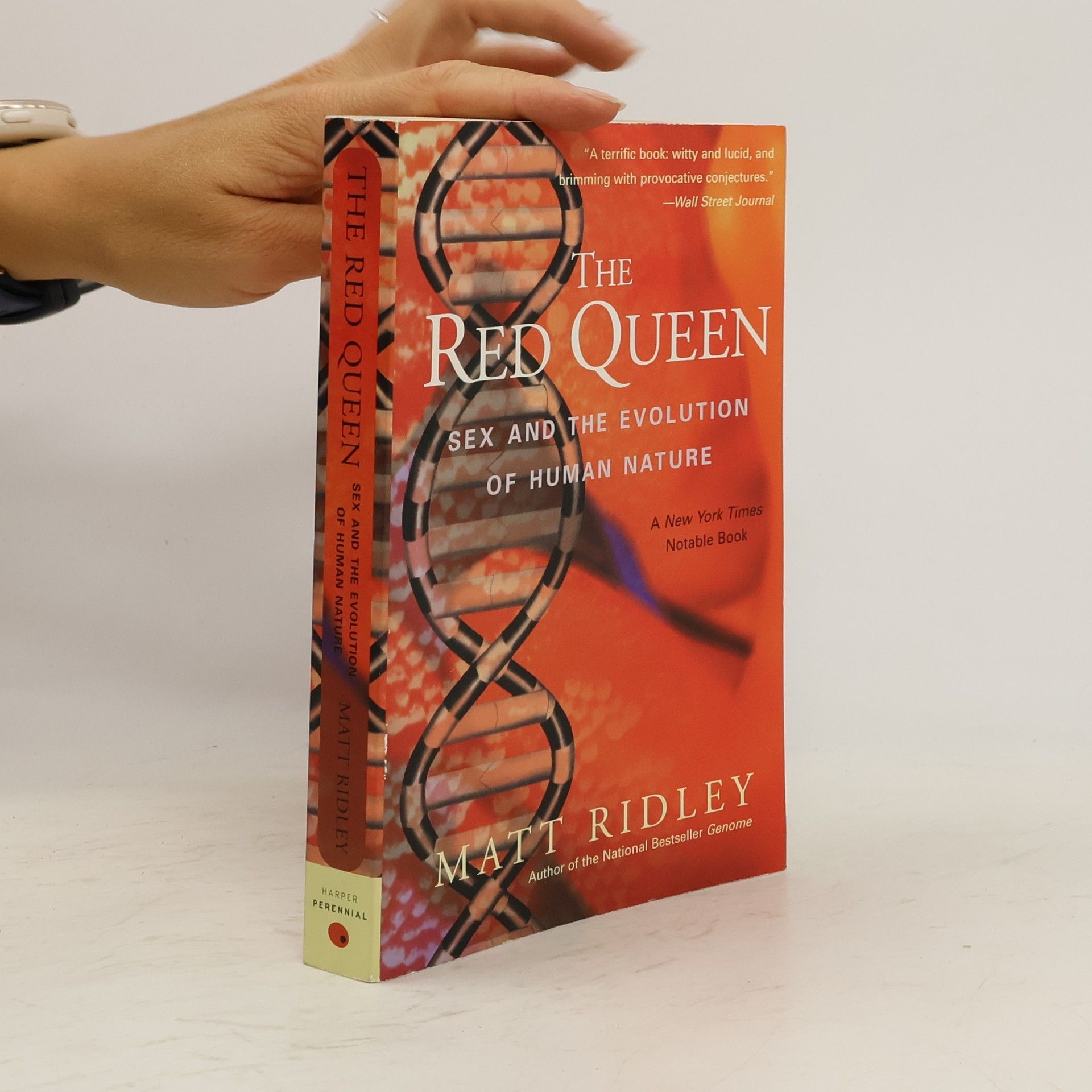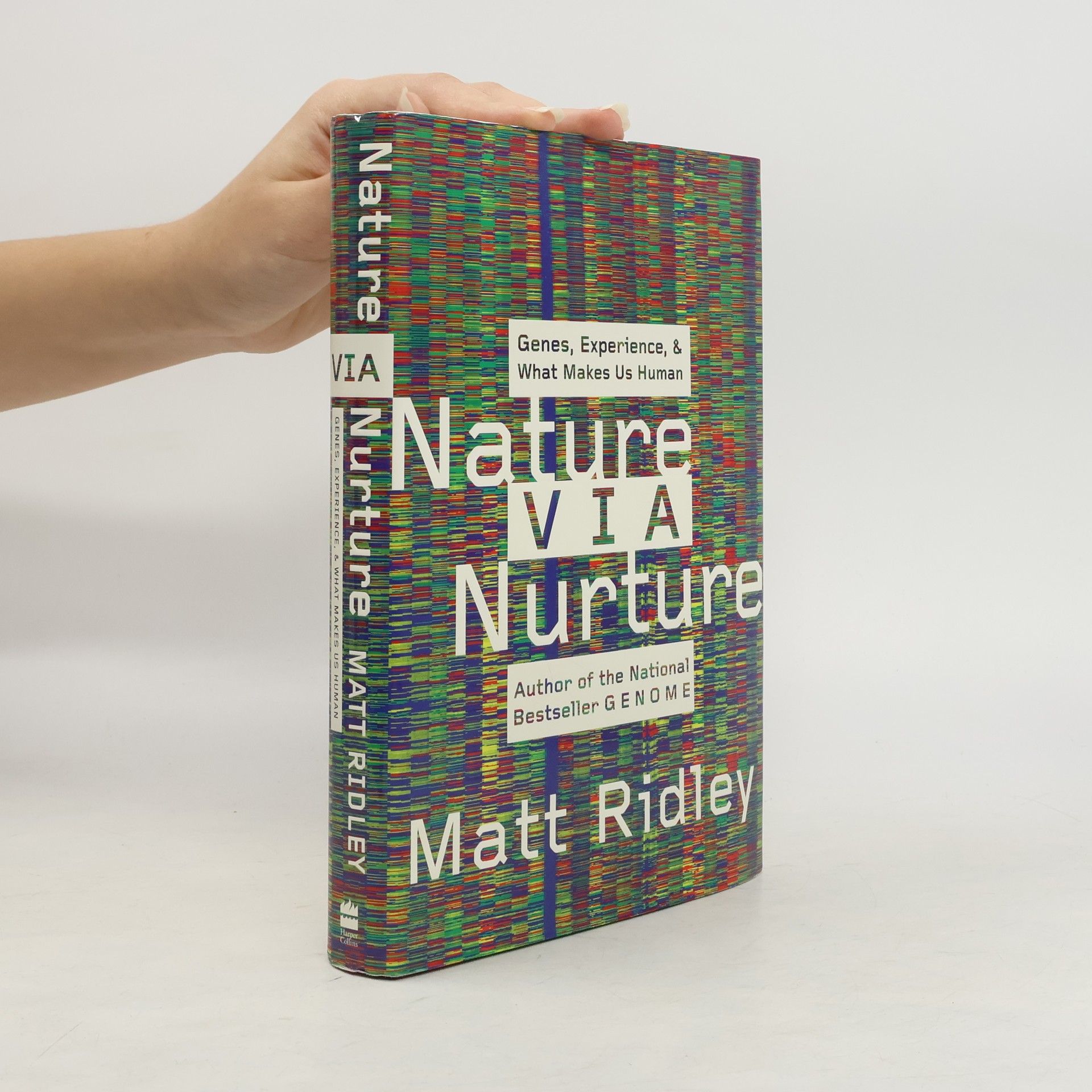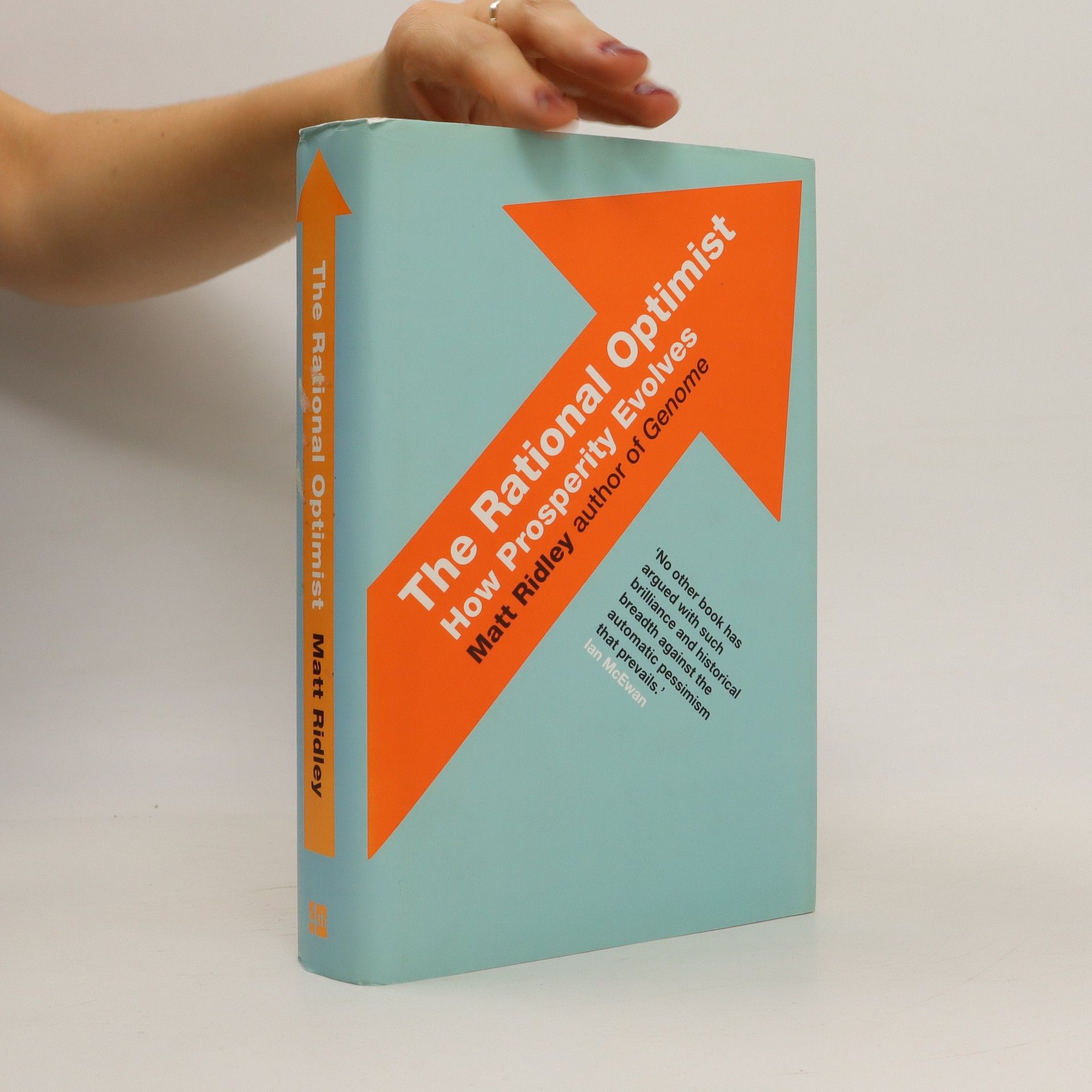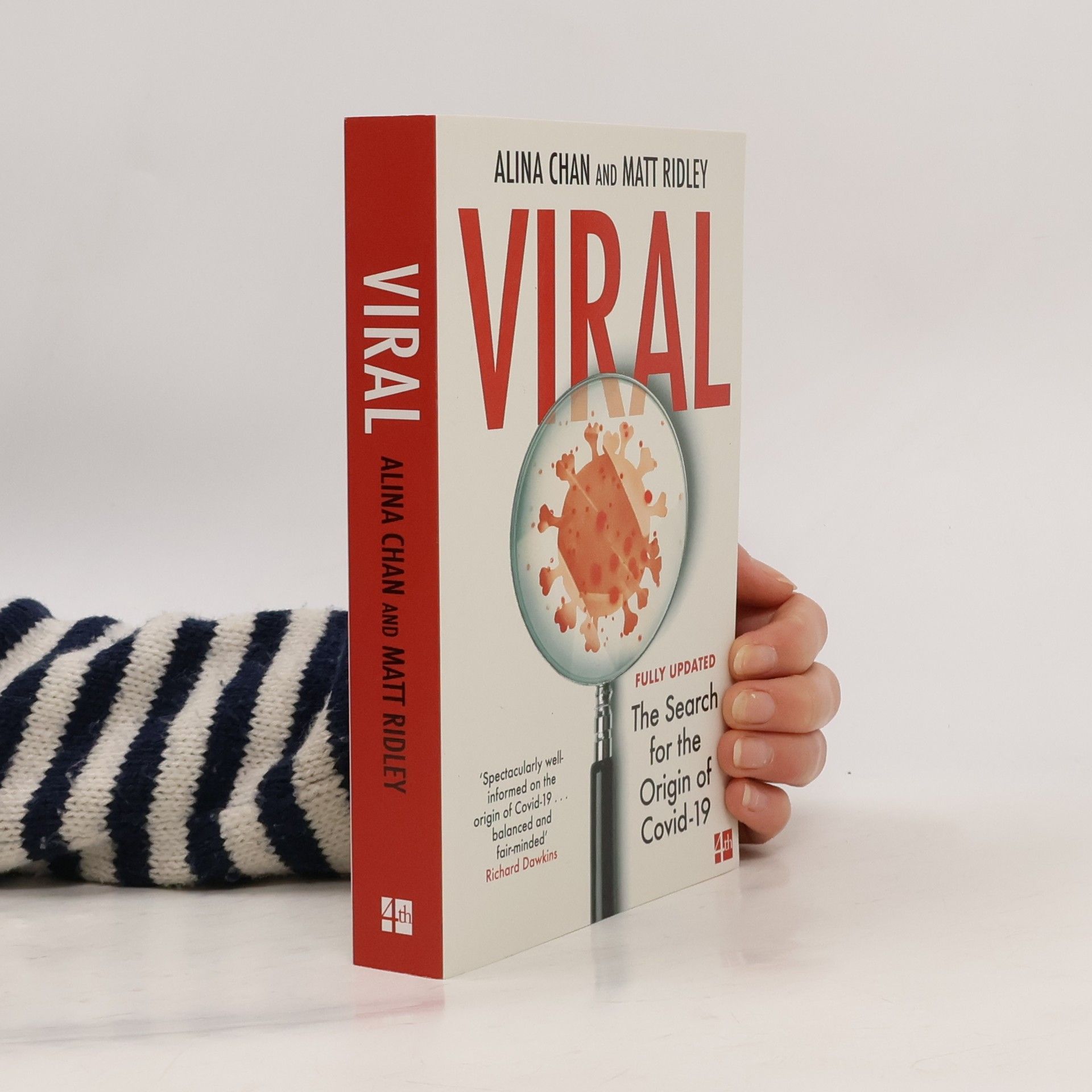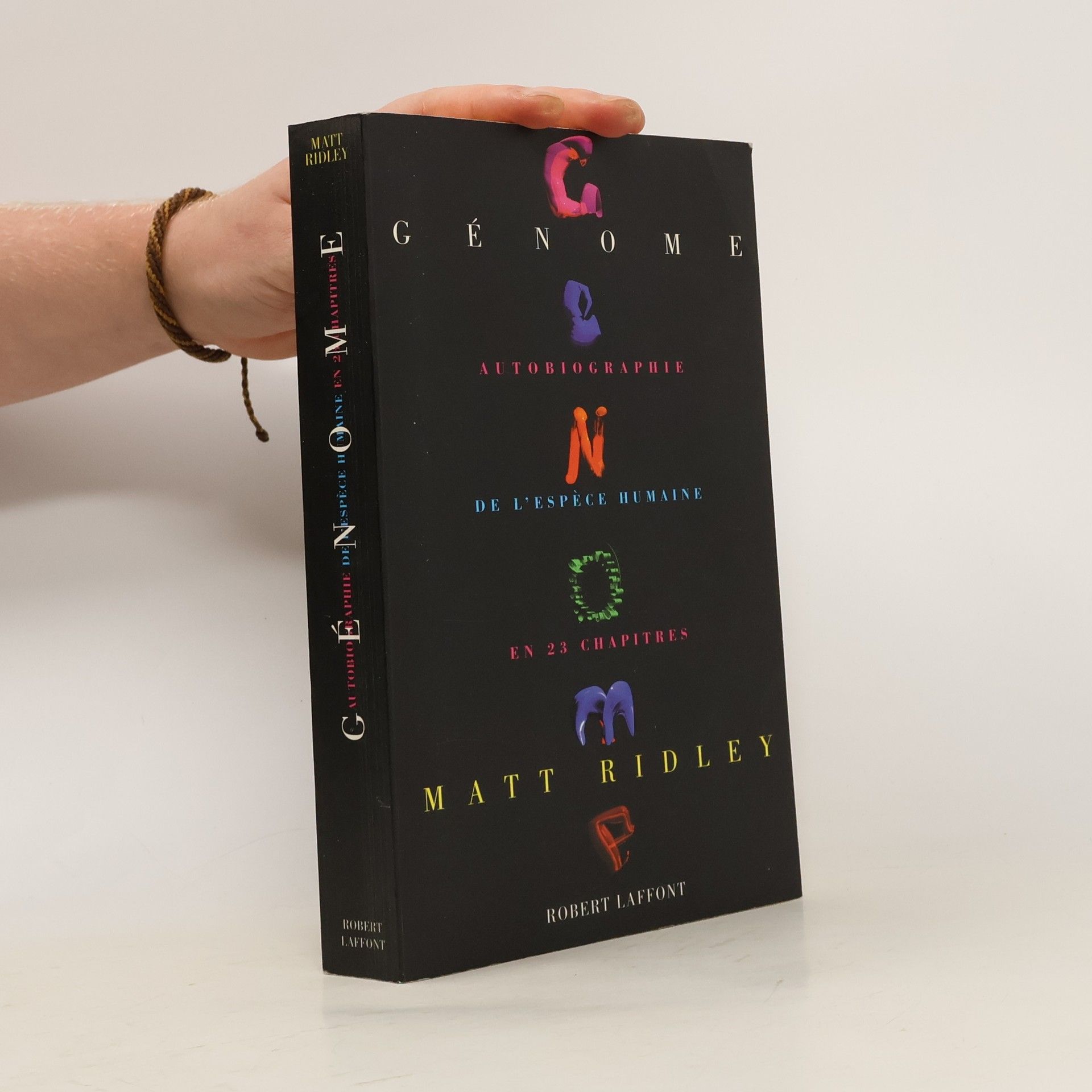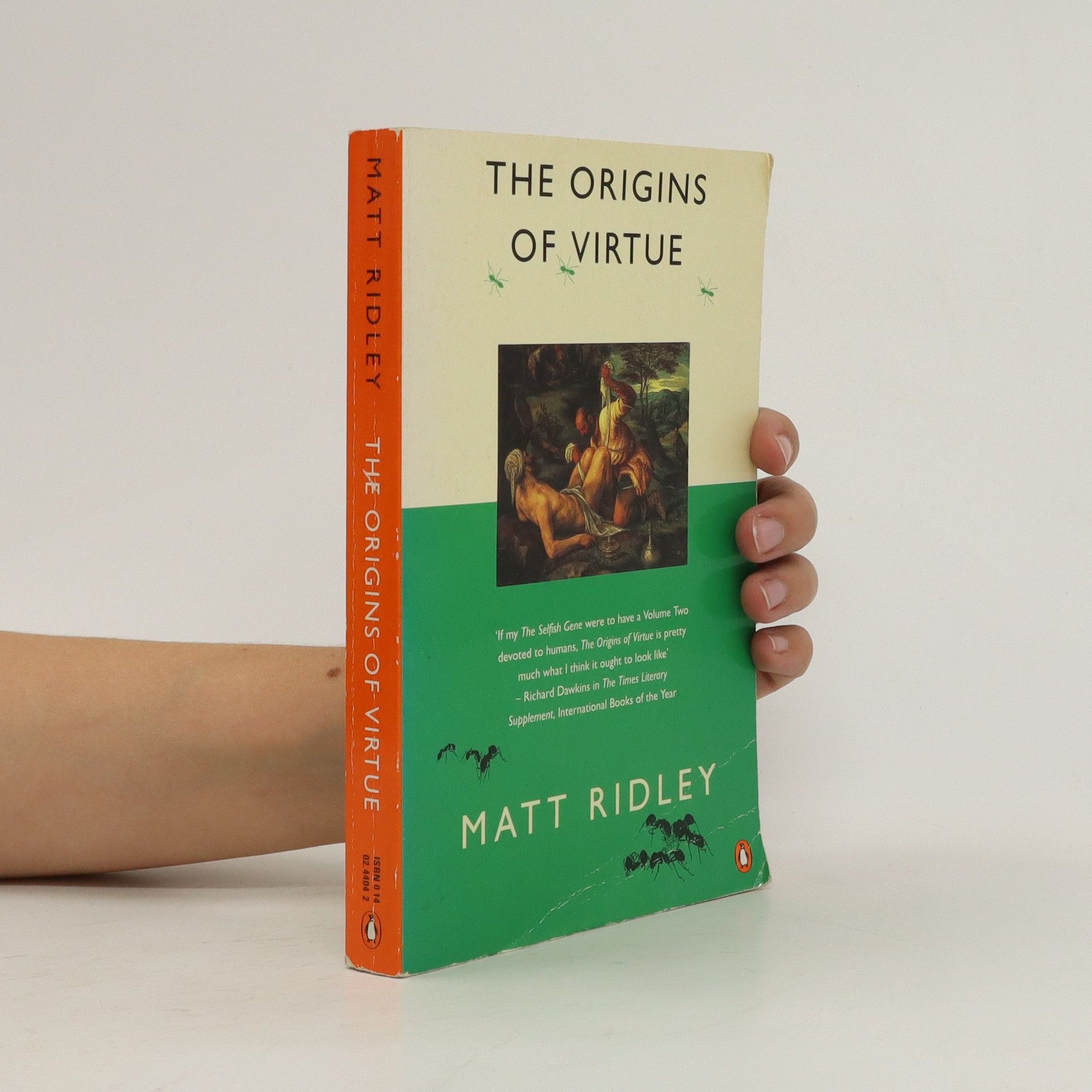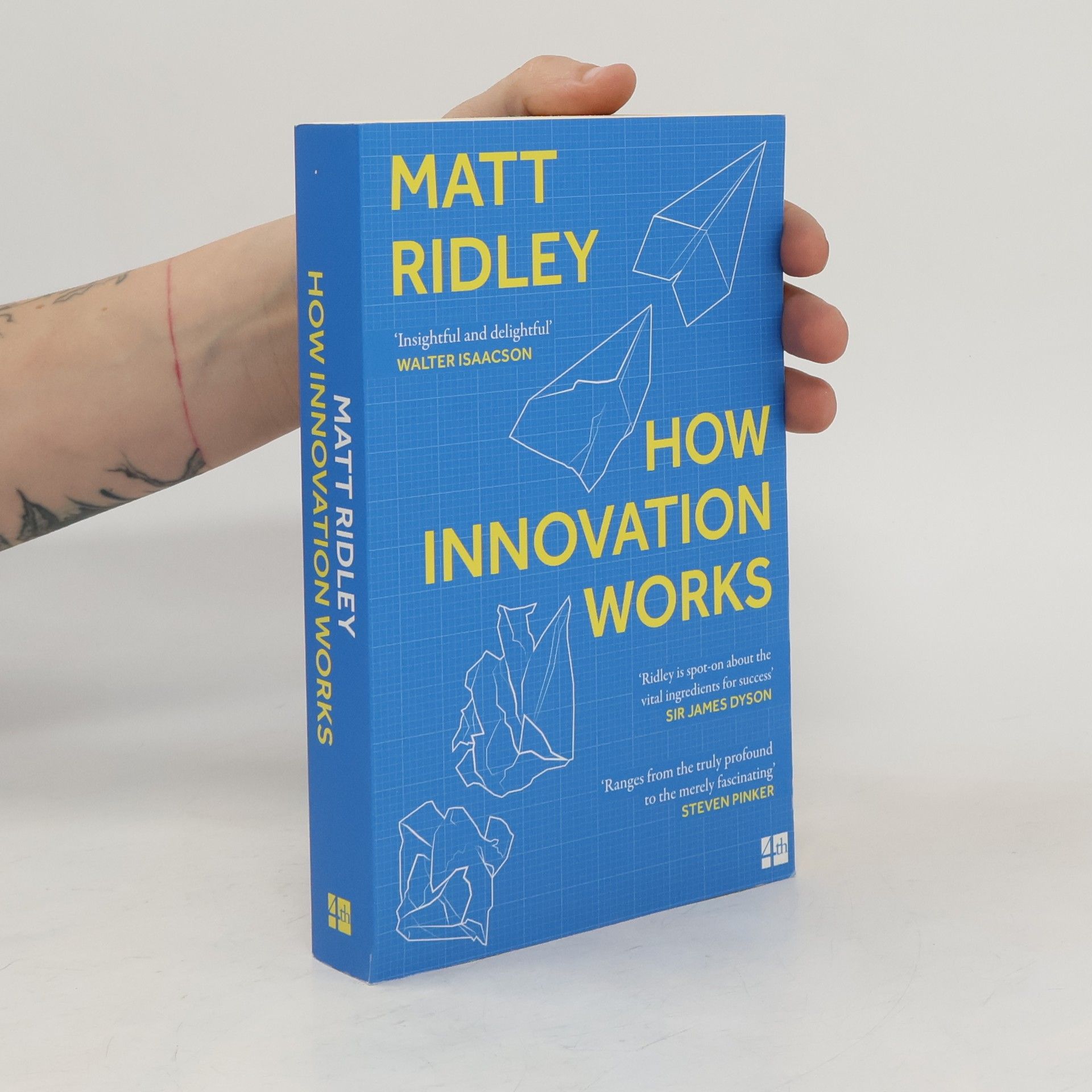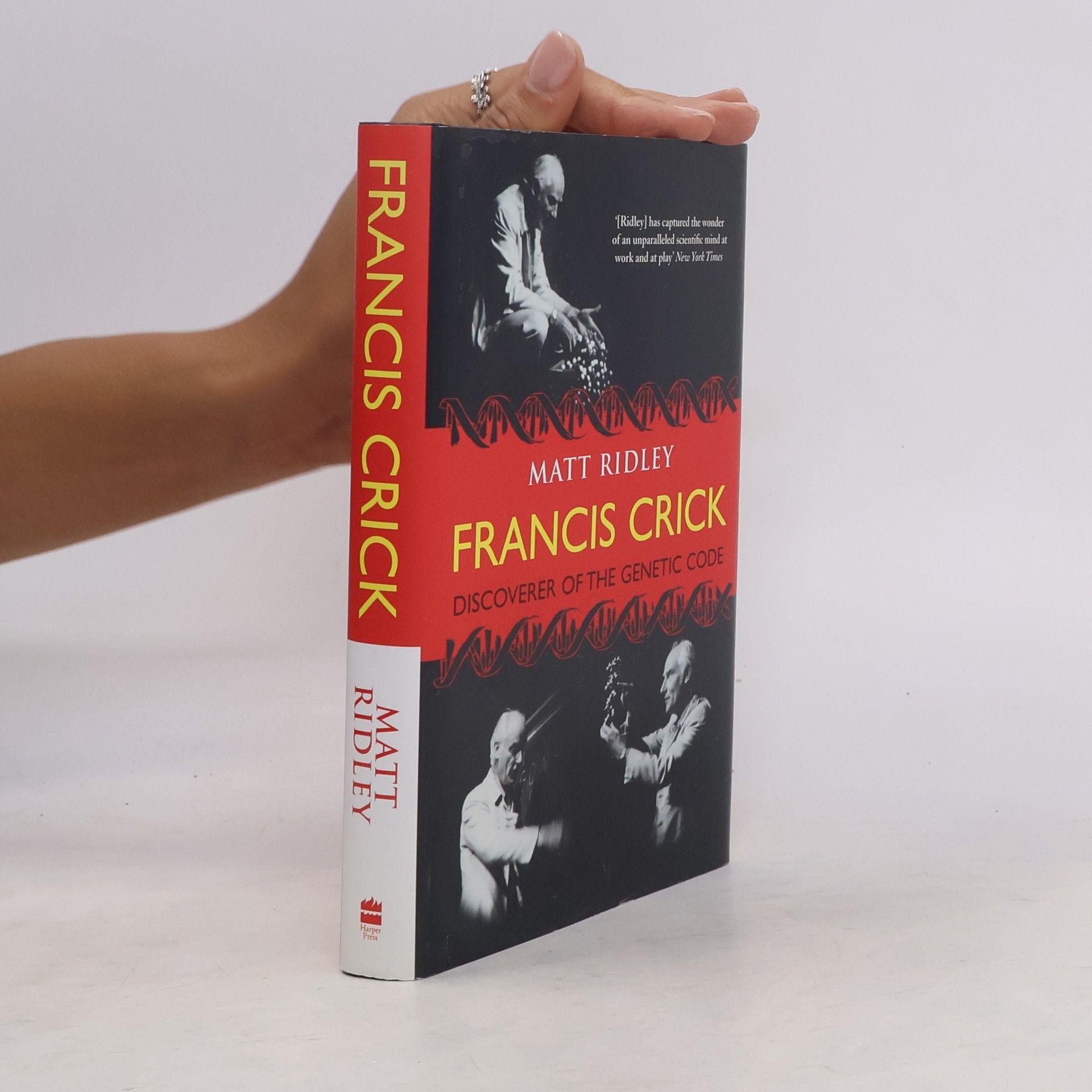Génome
- 379pages
- 14 heures de lecture
Qui sommes-nous ? D'où venons-nous ? Où allons-nous ? Pour comprendre les véritables conséquences de la plus importante découverte scientifique du nouveau siècle, lisez Matt Ridley. Le génome humain contient sa propre autobiographie - l'histoire, écrite dans la langue des gènes, de toutes les vicissitudes et inventions qui ont marqué notre évolution. Certains gènes n'ont guère changé depuis la nuit des temps. Certains se sont développés quand nous étions de simples vers. D'autres quand nous étions des poissons. Certains existent sous leur forme actuelle en raison d'épidémies récentes. D'autres enfin permettent d'écrire l'histoire des migrations humaines... Le génome est comme un journal intime : il contient la trace écrite de chaque événement important. Une visite guidée en vingt-trois chapitres - un par paire de chromosomes - des plus beaux sites touristiques de notre génome. Nous avons une chance inouïe : nous sommes les premiers à pouvoir lire le livre de la vie. Et cela bouleverse déjà ce que nous savons de nos origines, de notre évolution, de notre nature et de notre esprit. Une révolution s'annonce : l'anthropologie, la psychologie, la médecine, la paléontologie et pratiquement toutes les autres disciplines ne seront plus jamais les mêmes.

